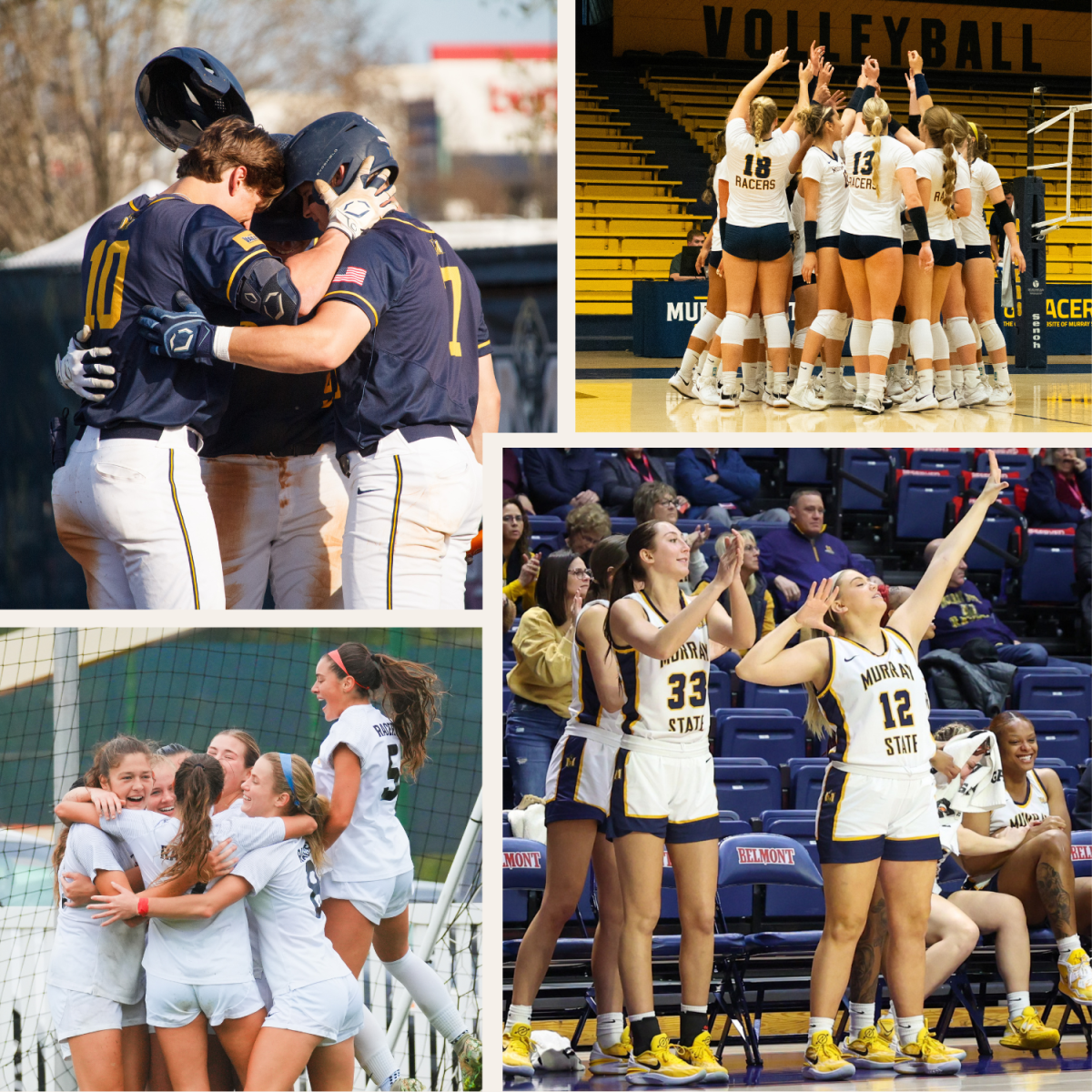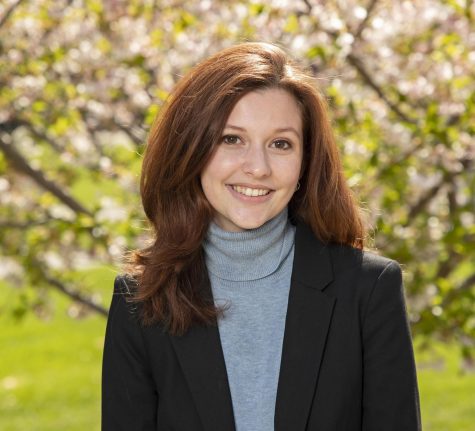In what is now referred to as a “quiet crisis” across the nation, Nico Yantko, Murray State’s athletic director, is working to ensure athletes get the mental health support they need on campus.
Recent data from the NCAA shows the number of reported mental health cases among student-athletes is increasing, with almost twice the number of cases since COVID-19. Another study found student-athletes are likely to struggle with depression, anxiety, substance abuse and eating disorders but don’t seek help, according to Psychology Today.
Jaidah Black, a women’s basketball player, said she has felt overwhelmed with her responsibilities, especially during her freshman year.
“I felt like I was drowning in classes and wasn’t performing well in basketball,” Black said. “When I felt overwhelmed, I used to take myself out for a self-care day. Whether it be eating at my favorite restaurant or going shopping, I took care of myself by doing things I love.”
Jacob Pennigton, a senior baseball player, said his schedule has been challenging, but manageable.
“I teach from 7:15 a.m. to 3:15 p.m. and then go to baseball practice from 3:30 p.m. till about 6:30 p.m.,” Pennigton said. “Being able to plan ahead and knock out different tasks and assignments has helped lighten my load of work and it has allowed me to focus on other things outside of teaching and baseball.”
Both Black and Pennington spend more than 50 hours a week studying, practicing and attending classes.
“This isn’t something we rushed through and threw a Band-Aid on, if you will,” Yantko said. “We’ve got to come up with systems and programs…this goes beyond coaches, staff, professors, our campus and people in our community.”
One component is the Dennis Jackson Leadership Program, which works with student-athletes to ensure their success, preparedness, brand management and financial literacy,” according to a University press release.
Working alongside the Dennis Jackson Leadership Program is a mental health intervention team.
Yantko said the intervention team works to find ways to evolve and improve engagement with student-athletes as it relates to mental health.
“We bring the Counseling Center in at the start of every freshman class or transfer, so if you are new to Murray State, you are going to get a chance to discuss and talk to the Counseling Center,” Yantko said. “Every fall and spring semester, we do a team-by-team education about this intervention team, but also [about] the resources on our campus that are provided to students.”
The Student Athletic Advisory Council (SAAC) has a committee dedicated to mental health. Within this, Yantko said additional pillars look at student engagement.
“How are we prioritizing it but also making it visible for that, right? How can we show through social media, through team to team peer-to-peer relationships? How are we championing this cause for us?” Yantko said. “There’s so many elements that go into this…but our young people go through a lot on our campus. School is stressful.”
Besides the intervention team, Athletics requires each athletic program to give their students a specific day off each week to focus on academics or other extra-curriculars.
Yantko said with 350 student-athletes – including 20 from other countries – it’s important they get enough engagement, exposure and advocacy.
“We made the dedicated spaces of getting the Mental Health First Aid certifications for our staffing and putting together this intervention team and putting together a committee within our Student Athlete Advisory Council and adding a pillar of our Dennis Jackson Leadership Program dedicated to mental health,” Yantko said. “We hope that that continues to shape the conversation and make it accessible for our young people to have access to so that they don’t feel without.”
As a former football player, Yantko said he also struggled with mental health, especially after three season-ending injuries.
“Were there days where I felt challenged and I needed somebody to talk to? Absolutely,” Yanko said. “I felt like I handled it the best I could at the time. If I could rewind and think about what had been helpful to me at the time…that only helps us now in the role I’m lucky enough to serve.”
Black now has a routine in place to prevent any stress or anxiety during the semester.
“I have learned that planning my weeks and avoiding procrastination has helped me stay on top of feelings of stress or anxiety,” Black said. “My routine is taking time out of every Monday to get my Google Calendar together.”
Pennington and Black said the athletics department and their coaching staff supports all student-athletes struggling with their mental health.
Yantko said Athletics will continue to talk with others and analyze what they are doing.
“I don’t think you can over-communicate in this space, and support is important,” Yantko said. “As long as we continue to move this thing forward, I think it’s going to better serve our young people, our future young people and ultimately better serve our campus community.”





























































































